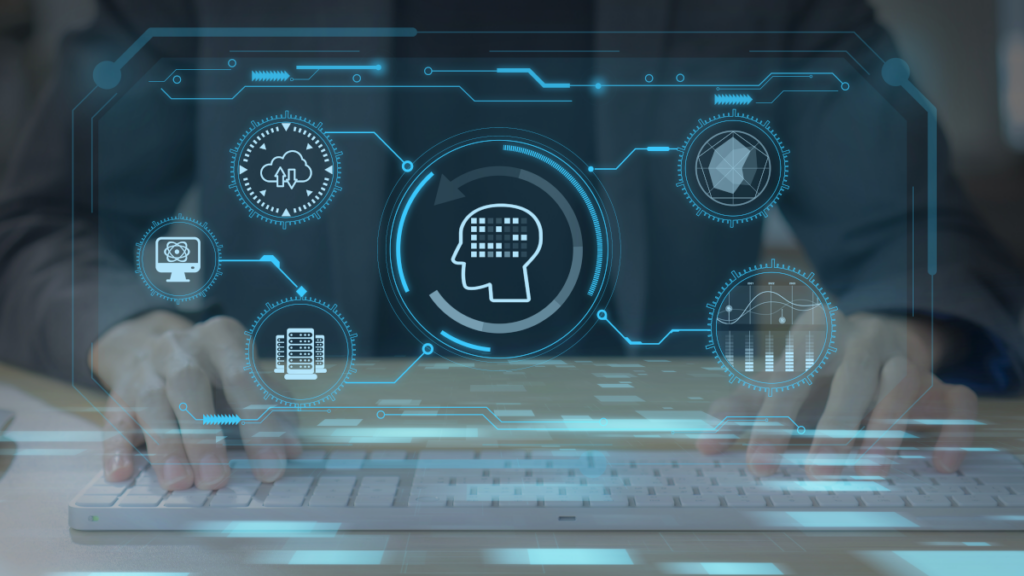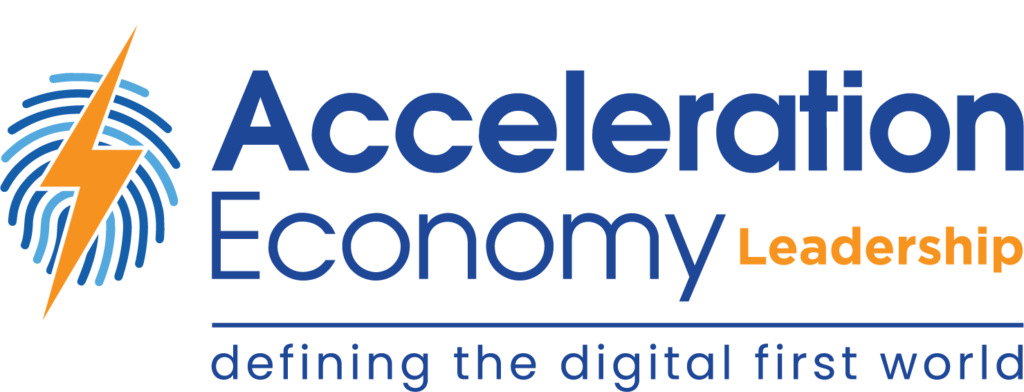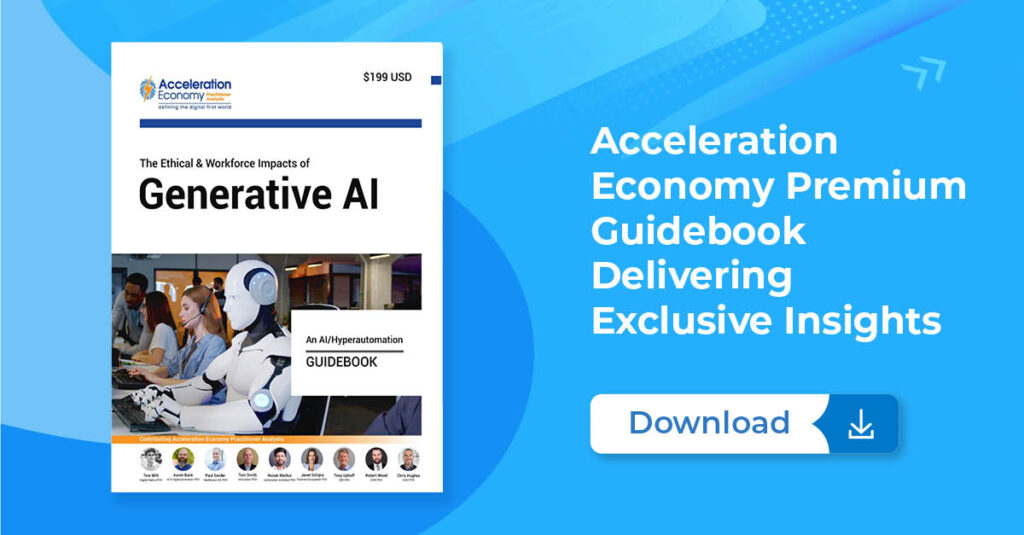The push toward digital transformation is leading companies to make huge investments in artificial intelligence (AI) and other technologies. Boards, shareholders, and employees have a lot of questions about how AI and other advanced technologies will impact the business, and C-suite leaders are trying to answer them.
One of the questions they may not be asking often enough is how AI will affect business culture. Culture is a critical factor in business growth and productivity, digital transformation, employee retention, brand value, and much more.
History teaches us that introducing new, revolutionary technology inevitably changes culture. Make no mistake about it: as AI goes mainstream, we are experiencing a revolutionary technological change. And as the use of AI tools, platforms, and applications accelerates, we will see massive cultural changes in business.
Headlines about employees being replaced by AI-powered machines are getting a lot of attention, but my prediction is that the real cultural change will come from how these remarkable technologies augment, rather than replace, human capabilities.
Here are the top 3 ways I predict AI will change culture and the way people work in the near future.
Data Analysis and Decision-Making
With the advent of big data, businesses are continuously gathering a large amount of data; analyzing this data manually is not only time-consuming but also prone to error. AI can automate this process, analyze huge datasets within seconds, and deliver insights that aid in decision-making.
AI algorithms can also identify patterns and trends within the data that might not be immediately apparent to human analysts. Machine learning, a subset of AI, allows systems to learn from the data and improve their accuracy over time. This means business decisions can be made quicker and with more precision as more data is collected and analyzed.
Customer Experience
Personalization is the future of customer experience, and AI can make this a reality. AI can analyze customer behavior and purchase history to personalize experiences in real time, offering recommendations and deals that are most relevant to the customer. Moreover, AI-powered chatbots can provide 24/7 customer service, resolving queries and issues efficiently.
CIO and Acceleration Economy practitioner analyst Kenny Mullican says process mining, which uses AI to optimize processes, is a promising way to enhance customer experience. Three ways he expects process mining to optimize customer service are reducing bottlenecks and delays, resolving issues more efficiently, and improving compliance with approved processes.

Supply Chain Management
AI can greatly enhance supply chain efficiency by predicting demand, optimizing delivery routes, managing inventory, and identifying potential issues before they cause problems. Predictive analytics can forecast demand with high accuracy, reducing overstock or stockout situations. Machine learning models can also help to optimize delivery routes, considering factors like traffic, weather conditions, and delivery priorities. AI can also predict equipment failures before they occur, reducing downtime in the supply chain.
No Easy Answers
While there are no simple answers to questions about how AI will impact business culture, it’s clear that it is already changing how we live and work. For this reason, choosing how to navigate this rapidly changing technology landscape will prove critical for companies in all industries and all sizes.











